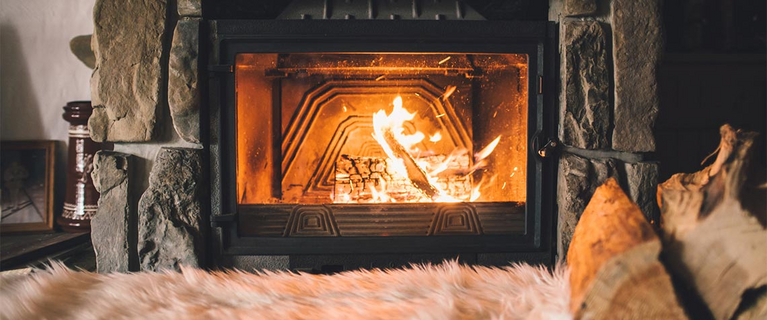Holiday property heating
How to heat your holiday home properly
Most holiday homes and holiday flats are not booked all year round. Summer is still the main season on the North Sea and Baltic Sea, and even in the Mediterranean the winter months are often booked much less, even though there is rarely any real winter weather there. The right heating also ensures better occupancy outside the main season and at the same time maintains the value of your holiday property. My holiday property introduces you to the most important types of heating, their advantages, disadvantages and costs.
Heating holiday properties for more guests and value retention
Regardless of whether you only use your holiday home at the weekend or rent it out in between - the building cools down considerably, especially in winter. This is because holiday homes and holiday flats are usually not permanently occupied.
Risks of an unheated holiday home:
- It takes quite a while for your holiday home to return to a "comfortable temperature" when you are back on site at the weekend, for example
- Higher risk of water damage as the water pipes could freeze
- Risk of damp and mould due to the rooms cooling down completely
- Long vacancy periods, as the property cannot be rented out well in winter
Types of heating for holiday homes and co:
If you buy a "second-hand" holiday home, it will usually already have heating. If you want to build your holiday home from scratch or modernise it extensively, you should also think about the type of heating. There are various heating systems for holiday homes, all of which have their advantages and disadvantages.
Oil and gas heating for holiday homes
Advantages: Tried and tested classic with good heat output
Disadvantages: You need a large tank, may have to lay heating pipes, buy new oil/gas every year and are dependent on fluctuating world market prices. In addition, oil heating is not the most environmentally friendly option.
Infrared and electric heating
Advantages: uncomplicated, quick installation and removal. Rapid heating of rooms, independence from gas or oil suppliers, very environmentally friendly way of heating when using green electricity. No regular operating and maintenance costs. Practical frost protection mode without remote control or internet connection.
Disadvantages: Higher operating costs depending on electricity provider and tariff
Extend the season with a fireplace and co.
A cosy fireplace or tiled stove significantly enhances your holiday home. After all, what could be nicer than relaxing in front of a crackling fire after a walk on the beach or a day on the ski slopes in the cold season?
3 tips for the fireplace in your holiday home:
- The fireplace must fulfil the relevant environmental protection requirements. The best contact for this is the local chimney sweep.
- You must discuss the installation of the fireplace in your holiday home with the other owners, as the fire insurance for the entire building may change as a result of the fireplace, for example.
- Make sure you have good instructions ready for your holiday guests so that nothing can go wrong when using the fireplace. And a few logs of firewood are a nice extra.
